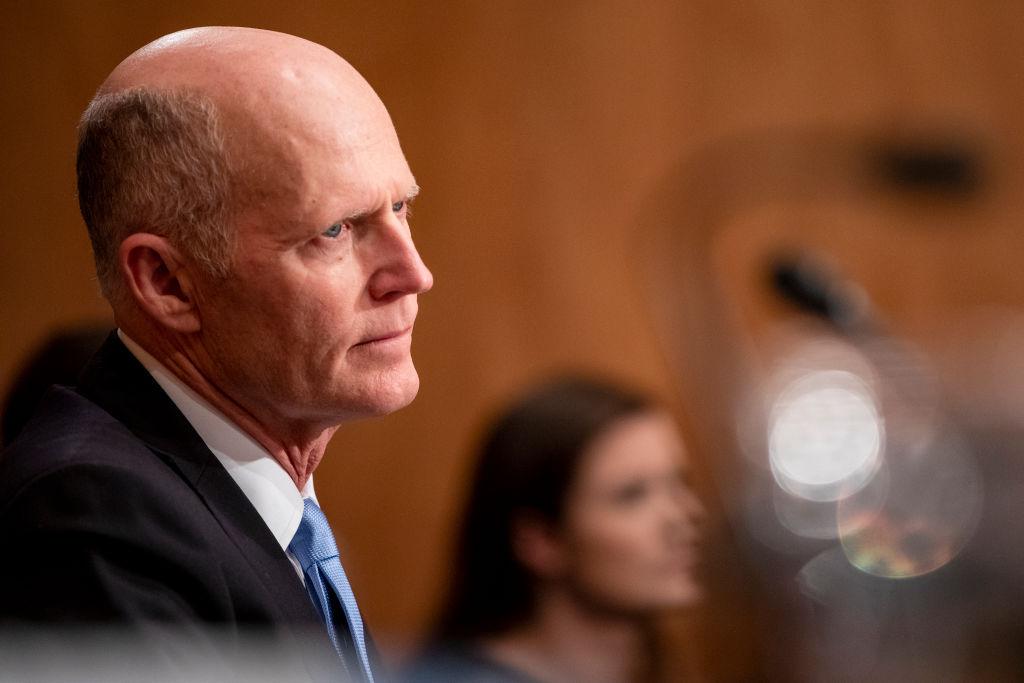Florida officials are stepping up efforts to safeguard local universities’ research and intellectual property from foreign adversaries, particularly China.
U.S. Sen. Rick Scott (R-Fla.), in a press release on Jan. 14, urged more Florida university presidents to respond to a letter he recently sent, requesting them to provide information on steps that schools have taken to protect their academic work from foreign theft.




